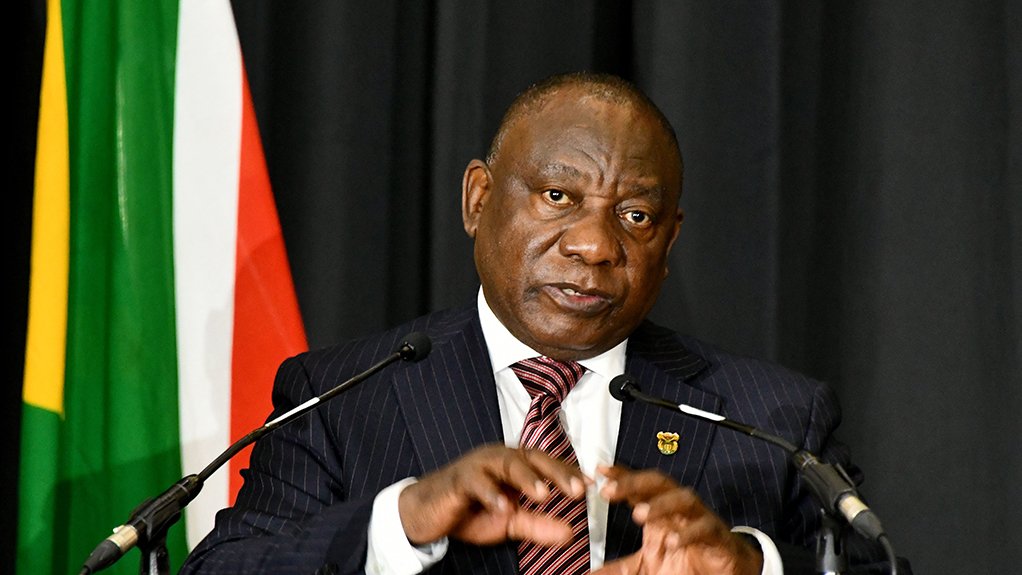President Cyril Ramaphosa said on Monday that the size of his cabinet should be guided by the needs of the country, as he defended adding an Electricity Ministry to what most politicians see as a bloated Cabinet.
Last week he appointed Electricity Minister Dr Kgosientsho Ramokgopa who is expected to deal with the energy crisis.
In his weekly newsletter to the nation, Ramaphosa explained that the discussion regarding the size of the Cabinet was important but he believed that commentary missed the point.
“At the start of this administration in 2019, we reduced the number of ministries from 34 to 28. There was, therefore, much criticism when, last week, we increased the number of ministries for the remainder of this administration to 30. Yet, there has been little analysis of why we made these changes and whether they were necessary,” said Ramaphosa.
He added that increasing the number of ministries had been beneficial and he referenced improved policy alignment and focused implementation.
He explained that the new ministries he announced last week responded to the country’s current specific need and added that the Electricity Ministry was a temporary position and that Ramokgopa would remain in office only for as long as it was necessary to resolve the energy crisis.
In addition, he explained that the new Ministry for Planning, Monitoring and Evaluation arose from an appreciation that “we need a dedicated focus on ensuring that government effectively implements the programmes that underpin our priorities and is able to fix problems as they arise”.
Ramaphosa suggested that the question that should be asked is "how best should government be organised to meet the country’s needs?"
Looking into South Africa’s history, he said the country had vast, urgent and pressing developmental needs that needed attention and which were evidence of the enduring legacy of apartheid.
He assured South Africans that the country’s needs would change over time and “we will learn from our lived experience”.
Ramaphosa also shared that the Presidential State-Owned Enterprises Council was conducting an in-depth review of all key State-owned entities guided by the needs of the country and the efficient use of available resources.
EMAIL THIS ARTICLE SAVE THIS ARTICLE ARTICLE ENQUIRY
To subscribe email subscriptions@creamermedia.co.za or click here
To advertise email advertising@creamermedia.co.za or click here











